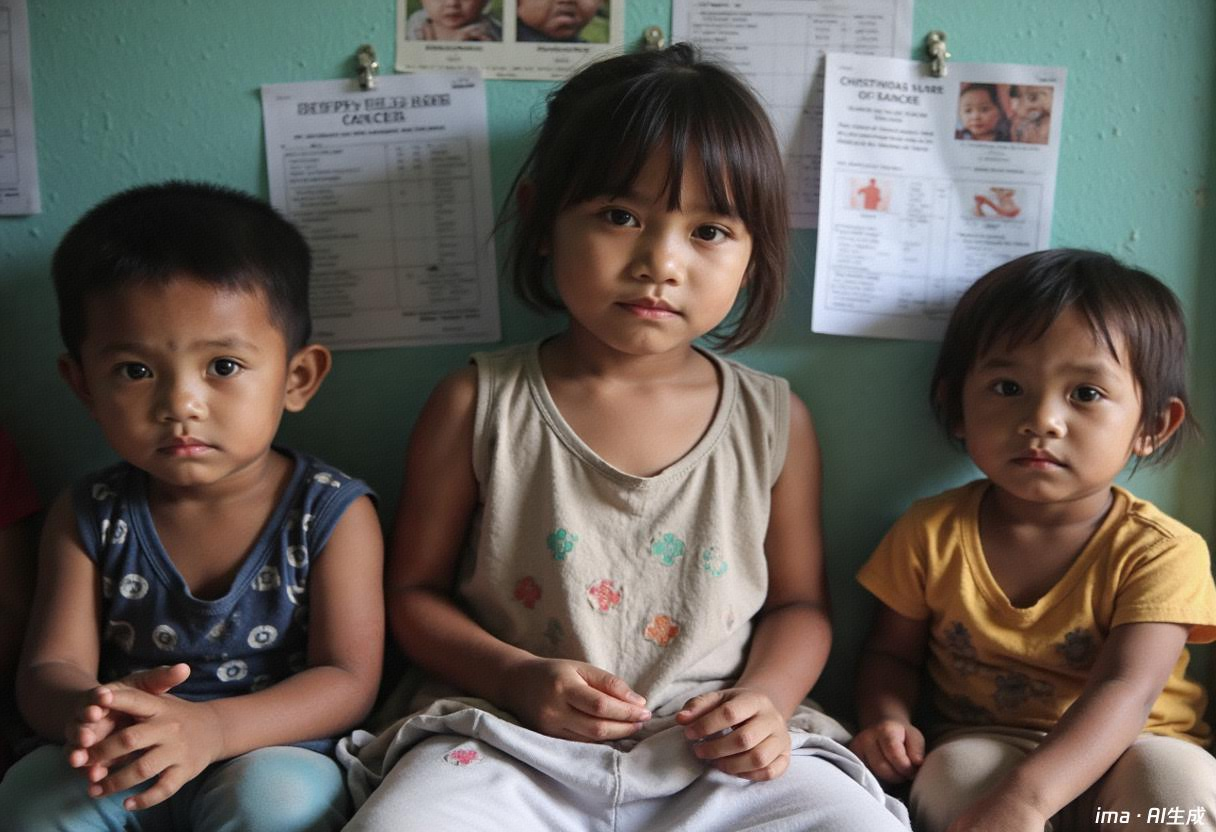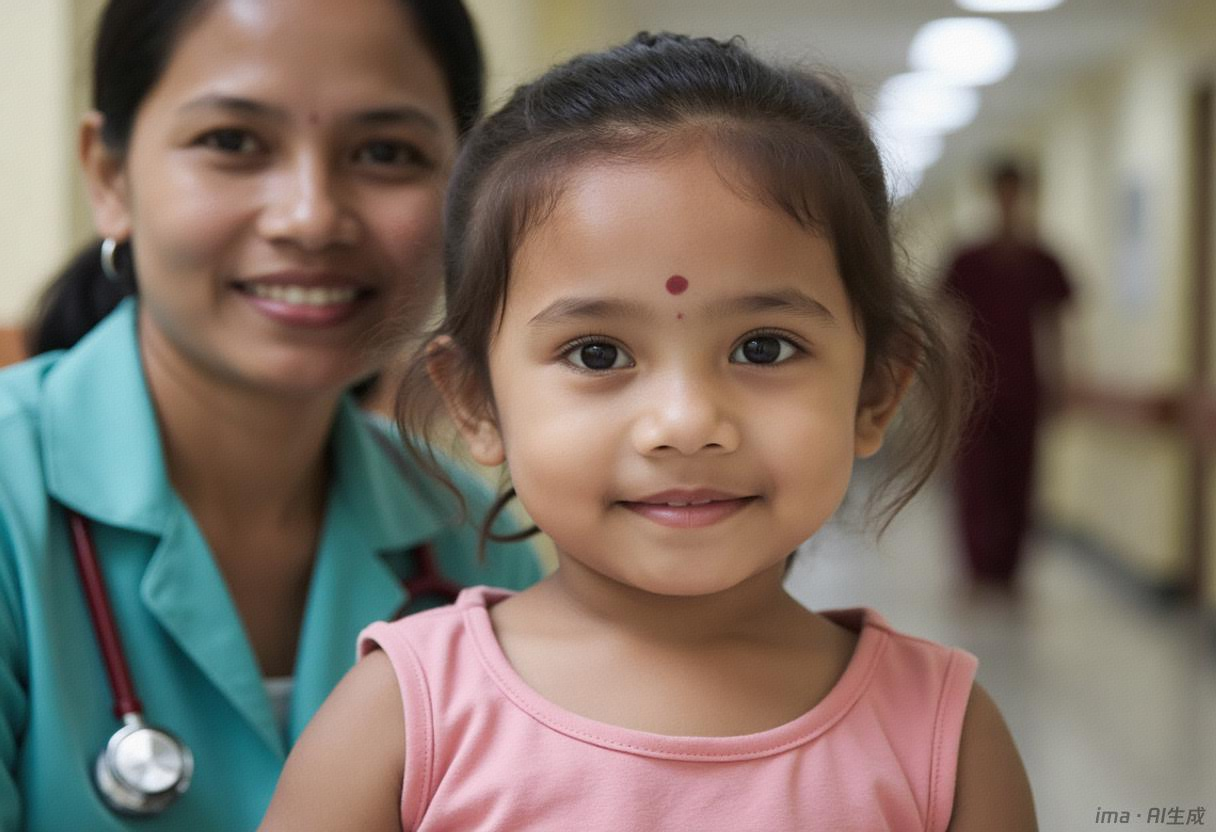Respiratory System
Respiratory System
Summarize
main points
- Some children with cancer are more likely to develop long-term effects on their lungs after treatment
- Certain treatments increase the risk of long-term effects in the lungs
- Long-term effects on the lungs can lead to certain health problems
- Symptoms and signs caused by long-term effects on the lungs
- A test used to determine if there is a problem with the lungs
- Habits that promote lung health are important for children who have recovered from cancer
Epidemiological
not have
Etiology & Risk Factors
Other risk factors
The risk of long-term effects from lung cancer is greater in children who have recovered from surgery, chemotherapy and/or radiotherapy. The risk also increases in those with the following medical history:
- Infection or graft-versus-host disease occurs after stem cell transplantation
- Prior to cancer treatment, have a lung or airway disease such as asthma
- anomalies of chest wall
- Inhalation of smoke or other toxic substances
Possible health problems
- Radiation pneumonia (inflammation of the lungs caused by radiation therapy)
- Pulmonary fibrosis (formation of scar tissue in the lungs)
- Other lung and airway problems, such as chronic obstructive pulmonary disease (COPD), pneumonia, persistent cough, asthma
Classification & Staging
Type of cancer
- hodgkin lymphoma
- Hodgkin's disease tumor
- Cancer treated with stem cell transplants
Clinical Manifestations
S&S
- Breathing difficulties (shortness of breath), especially during activity
- pant
- have a fever
- Chronic cough
- Congestion in the lungs
- Chronic lung infections
- Feeling tired
If your child has any of these problems, please consult your child's doctor.
Long-term effects of lung cancer in childhood cancer survivors may develop slowly over time or may not be present at all. Pulmonary damage may sometimes only be detected through imaging or pulmonary function tests. Long-term effects on the lungs may improve over time.
Clinical Department
not have
Examination & Diagnosis
test mode
- Physical exam and medical history: A general physical exam of the body's signs of health, including checking for signs of disease, such as lumps or other unusual things. Learn about the patient's health habits and past illnesses and treatments.
- Chest X-ray: An X-ray of the internal organs and bones of the chest.
- Pulmonary function test (PFT): A test to check lung function.
A lung function test checks how much air the lungs can hold and how quickly air moves in and out of the lungs. It also measures how much oxygen is used during breathing and how much carbon dioxide is released.
Talk to your child's doctor about whether your child needs these tests to determine the long-term effects on the lungs. If a test is needed, determine how often it will be done.
Clinical Management
therapeutic tool
- Surgery to remove all or part of a lung or chest wall.
- Chemotherapy. Patients receiving chemotherapy, such as bleomycin, busulfan, carmustine or lomustine, and those receiving chest radiation therapy have a high risk of lung damage.
- Chest radiotherapy. For survivors of radiation to the chest, lung and chest wall damage depends on the dose of radiation, whether all or part of the lung and chest wall was exposed to radiation, whether radiation was administered in small doses, daily doses, and the age of the child being treated.
- Whole body irradiation (TBI) prior to stem cell transplantation or certain types of chemotherapy.
Prognosis
not have
Follow-up & Review
not have
Daily Care
Prevention and health care
- Smoking
- Get the flu and pneumococcal vaccines
Cutting-edge therapeutic and clinical Trials
not have
References
Source:
PDQ® Pediatric Treatment Editorial Board. PDQ Late Effects of Treatment for Childhood Cancer. Bethesda, MD: National Cancer Institute. Website: https://www.cancer.gov/types/childhood-cancers/late-effects-pdq. Date accessed: July 24,2018. [PMID: 26389365]
Translated by Qian Yueping (Senior Manager, Medical Device Industry, Medical Clinical Affairs Department, PhD in Biology)
Audit specialists
not have
Search
Related Articles

Relaxation Therapy & Peace Care
Jul 03, 2025

Rare Childhood Tumour
Jul 03, 2025

Inflammatory Myofibroblastoma
Jul 03, 2025

Langerhans Cell Histiocytosis
Jul 03, 2025

Angeioma
Jul 03, 2025